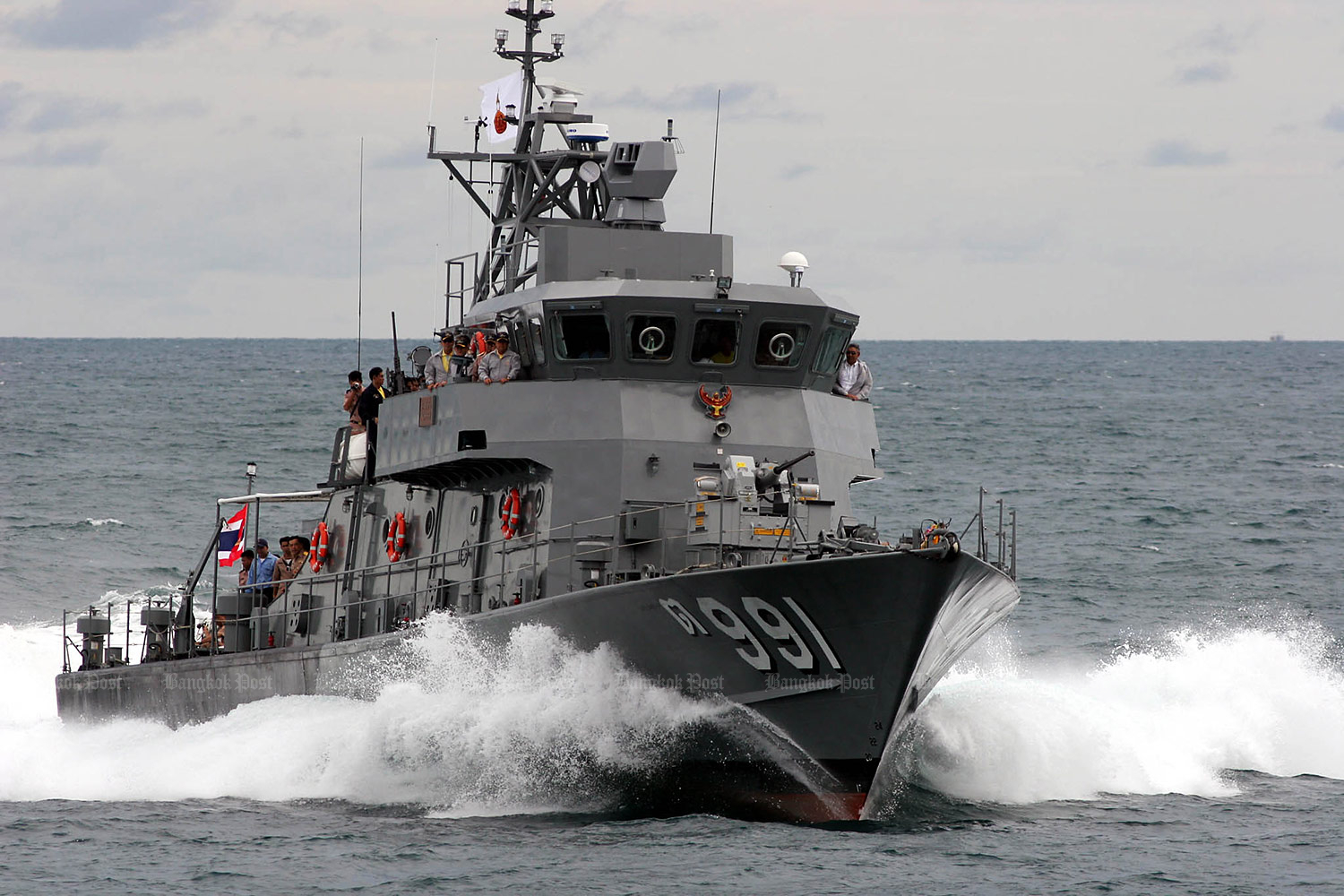
The recent move of Thailand and Cambodia in agreeing to reopen talks on an overlapping claims area (OCA) in the Gulf of Thailand is a good sign for the energy security of both countries amid the global energy crisis.
However, such negotiations won't be successful if the two countries fail to learn from the lessons of the past.
The OCA overlaps the Cambodian and Thai borders in the gulf and has been a point of contention since the early 1970s. A memorandum of understanding to jointly explore the OCA -- covering some 26,000 square kilometres -- was signed in 2001. It was also looking to demarcate the maritime border.
But it was shelved by the Thai government in 2009 after the self-exiled former prime minister Thaksin Shinawatra was appointed as an economic adviser to the Cambodian government.
Border clashes between Thailand and Cambodia that caused dozens of casualties in early 2011 demolished the prospect of cooperation and became a challenge for the two countries in settling any issues concerning territories.
Now things have changed and the global energy prices crisis has forced the two countries to reconsider resuming talks over the OCA with Deputy Prime Minister and Energy Minister Supattanapong Punmeechaow saying talks with Cambodia are government policy as part of its bid to seek new sources of energy.
If such talks are able to start and finish early and an agreement is finalised, the government hopes that both Thailand and Cambodia will soon be able to make use of these resources, Mr Supattanapong said.
Khomgrich Tantravanich, secretary-general of Thailand's Energy Regulatory Commission, suggested policymakers of both countries be vocal and establish a clear but positive dialogue over the long-disputed OCA in the Gulf of Thailand, according to a Phnom Penh Post report.
But foreign ministries and security agencies of the two countries remain concerned about the issue of border demarcations that could be affected by oil and gas exploration and production in the overlapping claim areas. Any mistake that affects territorial sovereignty could bring about domestic political turbulence in the two countries.
As a result, the resumption of talks, if they do go ahead, need to focus only on economic cooperation and leave the border demarcation issue aside.
If border demarcation matters somehow become linked to any agreement on the OCA then it will be unsuccessful. Mutual cooperation in energy resources must be separated from border demarcations and territorial claims.
Both sides have to work together to solve problems linked to harnessing resources and clarity is needed over the use of natural resources in overlapping territories.
The model of the Joint Development Area (JDA) between Thailand and Malaysia, where the two countries agreed to allocate a balance of gas supply from overlapping areas, should be applied for the potential Thai-Cambodia cooperation as a way forward.







